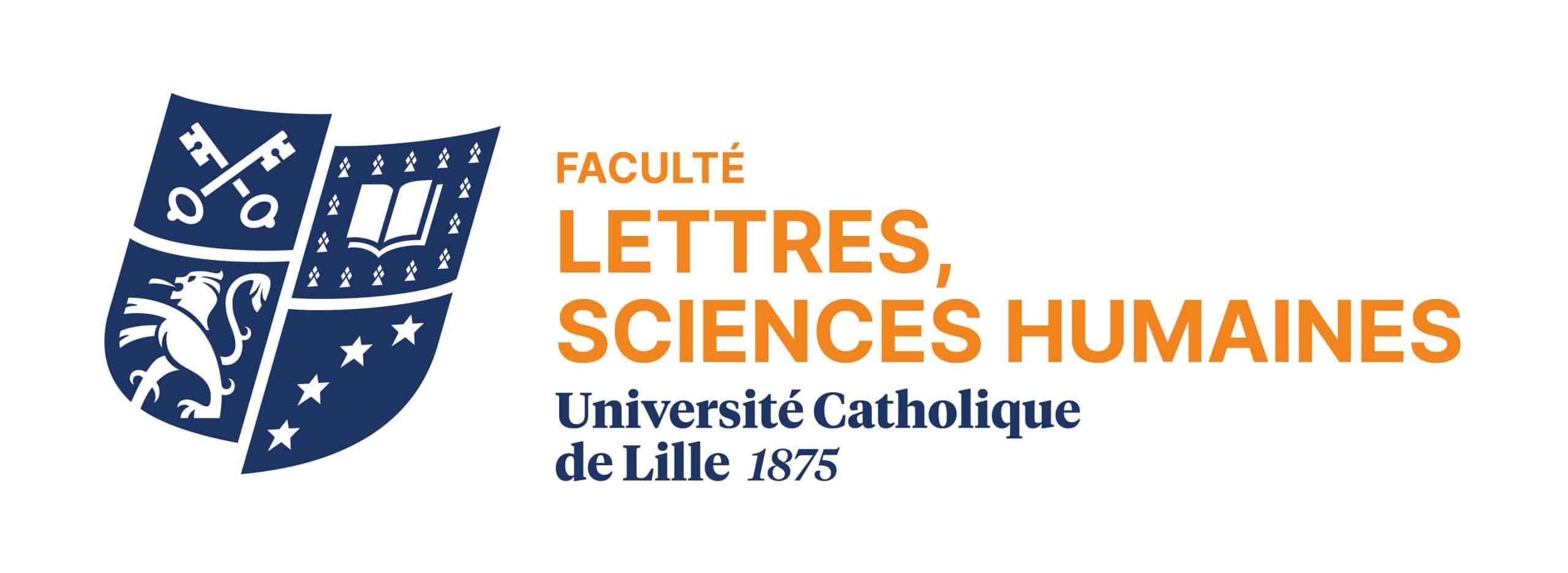
Les civilisations protohistoriques et antiques de Sumer à Carthage
Etablissement : Faculté des Lettres et Sciences Humaines – FLSH
Langue : Français
Formation(s) dans laquelle/lesquelles le cours apparait :
- Licence Histoire [ECTS : 0,00]
Période : S5
les civilisations protohistoriques et antiques de Sumer à Carthage S6


